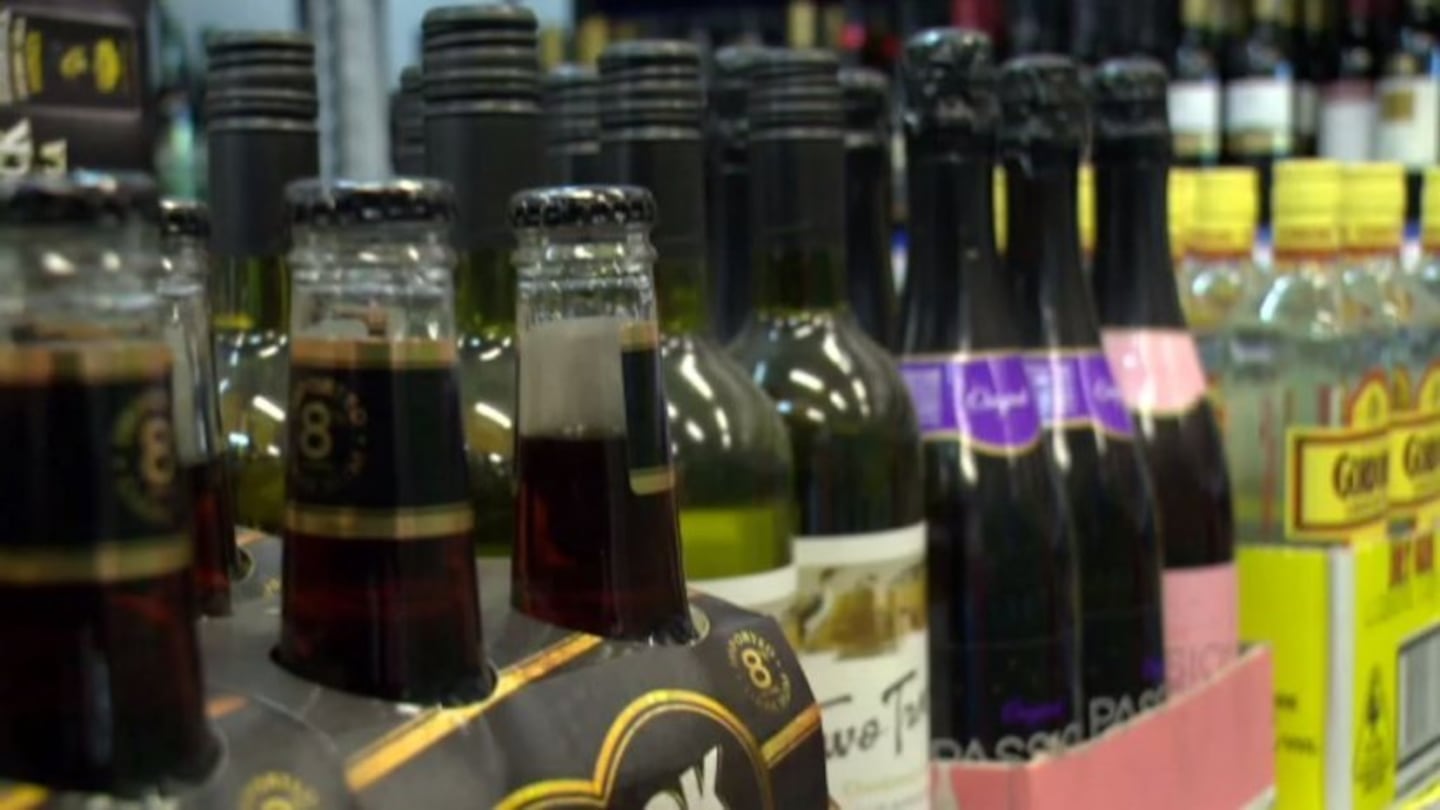Photo / File
The Waitangi Tribunal will be asked to consider whether the Crown is failing Māori on alcohol, as part of the evidence into WAI 2624 being heard next week.
Lead claimant Rāwiri Ratū (Ngāti te Ata Waiohua, Waikato-Tainui, Ngāti Maniapoto) says successive governments have avoided responsibility to protect Māori from the harmful effects of waipiro, despite a 2010 Law Commission report finding alcohol contributes to the broad health and social issues affecting Māori.
Ratū is Tiamana Whakahaere (executive chair) of Kōkiri ki Tāmaki Makaurau Trust, a kaupapa Māori organisation that aims to prevent harm and eliminate inequities from the unequal and disproportionate impact of waipiro on Māori.
The focus of WAI 2624 is the legislative failings of the Sale and Supply of Alcohol Act 2012 and the subsequent prejudice suffered by Māori as a result of those failings.
“You do not have to look far to see the stranglehold waipiro has on many Māori,” Ratū said in a statement Thursday. “The Crown needs to step aside and allow Māori to measure the impact of waipiro on our community using a kaupapa Māori research model.
“The Crown has already conceded that they have failed Māori by neglecting to measure the prevalence of fetal alcohol spectrum disorder (FASD). This means our communities are suffering, but we have no real data on how to address the issues caused by waipiro in Aotearoa.”
Ratū says information obtained from the Ministry of Health shows that from 2018 to 2021 more than 30,000 liquor licence applications were made - and only 87 consulted Māori.
He says there is currently no requirement in the Act to include Māori on the list of those who must receive a copy of an application for a licence that has been lodged and fails to ensure that Māori have the opportunity to inquire into it.
“Te Tiriti guarantees Māori the right to participate in all matters that directly concern them, including their health and wellbeing. It also guarantees Māori the right to be consulted and the right to participate – the Crown must ensure this occurs,” Ratū says.
“The Sale and Supply Act is the legislative instrument that controls the flow of waipiro in and out of our communities. Māori are disproportionately affected by the presence and accessibility of waipiro in our communities and yet the instrument is silent on giving us a voice. This must change if the Crown is serious about its Tiriti obligations when it comes to alcohol harm minimisation.
“I am asking the Tribunal to recommend the Crown carry out a comprehensive review of the Act, ensure they meet their Tiriti obligations to consult with Māori, and ensure Māori have a place in future consultation," he says.
“Tinkering around the edges of the Act will not cut it. It will result in Māori being in the same position we have been for the past 182 years.”



